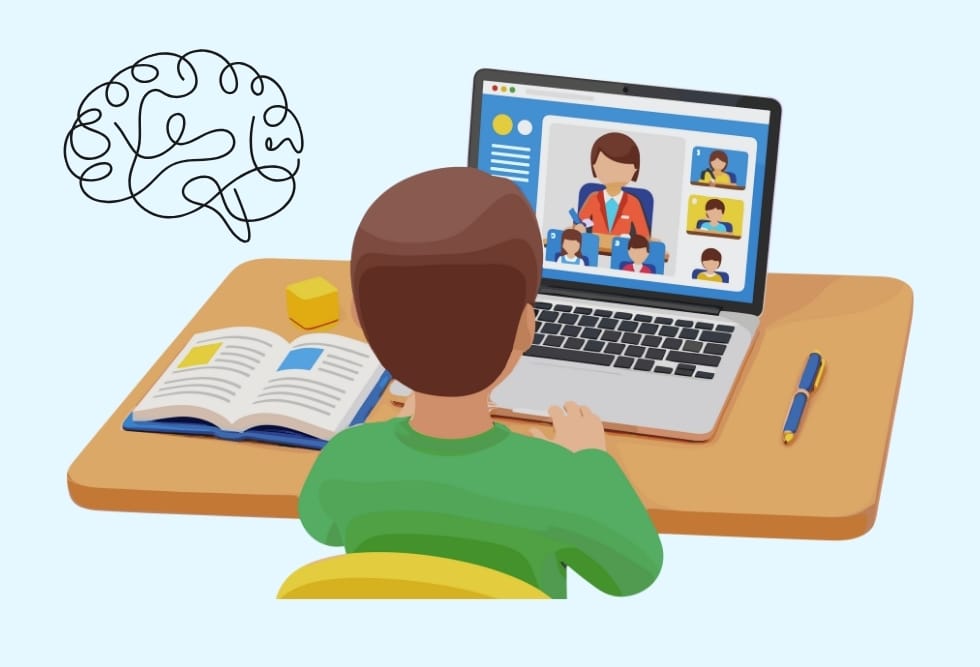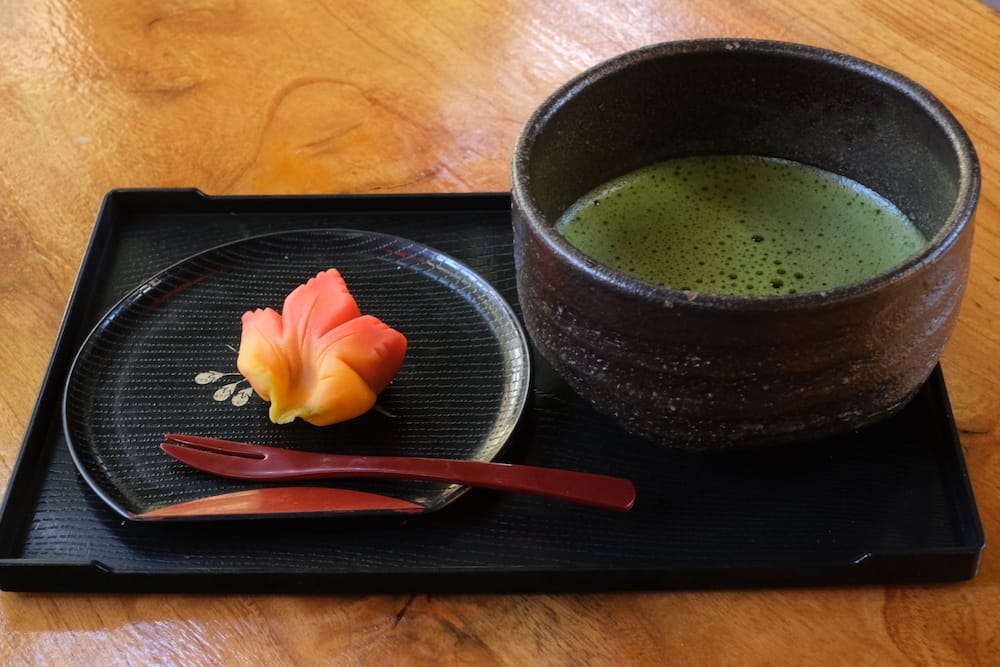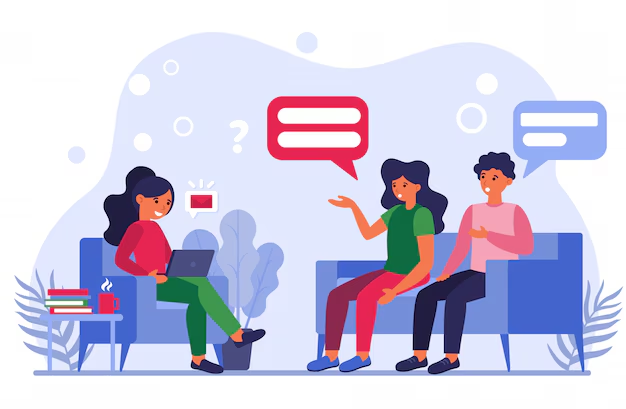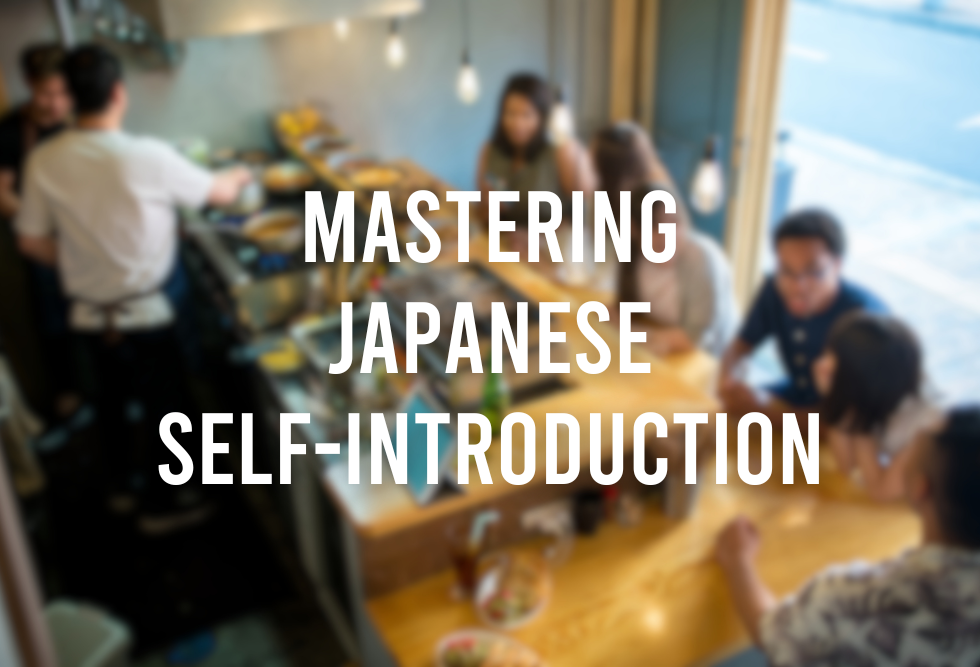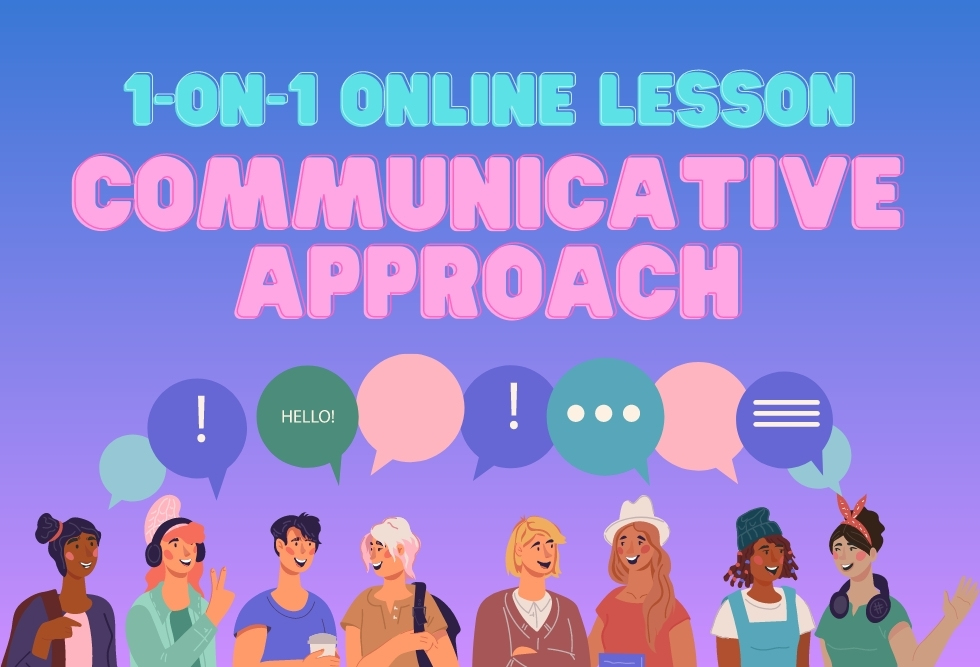Why Speaking Japanese Once a Week is Not Enough
Many Japanese learners study hard, attend lessons regularly, and still feel stuck.A common pattern is this: you speak Japanese once a week, usually with a teacher, and expect steady improvement.But after months—or even years—you may still struggle to speak with confidence. This article explains why speaking Japanese only once a week is not enough, and what learners can do instead to make real progress. Speaking is a Skill, Not Just Knowledge Speaking Japanese is not only about knowing grammar or vocabulary.It is a skill, just like playing an instrument or learning to drive. You can understand many rules and still feel blocked when you try to speak.This happens because speaking […]

